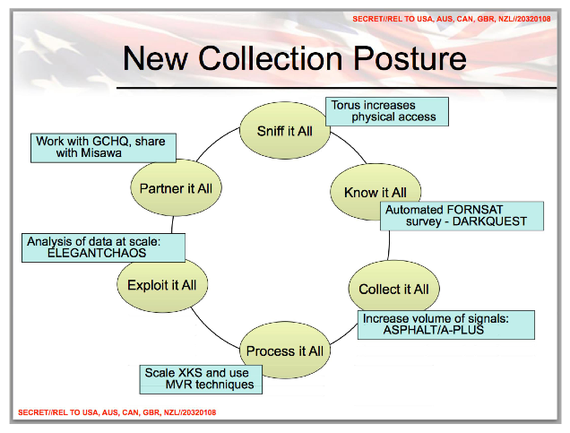The top three “whistle-blowers”, of course, in no particular order, are Assange himself, Bradley/Chelsea Manning, and Edward Snowden. I’m interested in these individuals for a number of reasons, not the least of which, is that I wrote about them (actually, I anticipated them) long before most people in the world ever knew they existed.
Including me.
Eleven years ago, in a speech I delivered to the Libertarian Party of New Mexico entitled “Empire of Lies“, I asserted that every human being on Earth is swimming — drowning — in an ocean of lies, mostly told by governments of one variety or another. I pointed out that lies of that kind — for example, the Gulf of Tonkin “incident” that never happened, and yet cost the lives of 60,000 Americans and 2,000,000 Vietnamese — are deadly. I proposed, therefore, that any politician, bureaucrat, or policeman caught telling a lie to any member of the public for any reason — a well as any among their ilk keeping secrets — ought to be subject to capital punishment, preferably by public hanging.
On network television.
Some time later, I stumbled on what I think is the true historical significance of the Internet. For as long as human beings have been communicating with one another, except among family and friends (and even then, sometimes) communications have been vertical and one-way, from the top down. Just to take it back to the Middle Ages, you can’t talk back to, or argue with a church bell. You either do what you are trained to do when it rings — wake, pray, eat, go to bed — or you do not, and suffer whatever consequences society has arranged for you to suffer.
This sorry situation was not improved materially by later “great” inventions like the printing press, movies, radio, or television. Such innovations only made it easier and more convenient to issue orders. The elite laid down the law to the peons (that’s us) and there was no way of contradicting them. Letters to the Editor are limited to 400 words.
But the Internet, and all of the technical, political, and social phenomena associated with it, turned this communications hierarchy sideways. Almost overnight, it was now possible for anybody on the planet to talk to anybody else, and to speak privately with a single individual, or to millions, without obtaining anyone’s permission, judged not by their power or authority, but by the cogency of their arguments.
Atlas didn’t shrug, Authority wigged.
Traditional Big Media, newspaper, magazine, and book publishers, movie studios, radio and television network executives, held onto their monopoly gatekeeper position, inherited from a more primitive era, desperately and at any cost. Only they were fit to judge what word could be sent by mere individuals to the Great Unwashed (that’s us, again). What it cost them is their very existence. They were incapable of divining that the Age of Authority, including theirs, was over.
For governments all over the world, subsisting as they all do on lies, intimidation, and violence, it was a nightmare. They have tried to fight back, but they will lose. The tide of history is against them. The idea of “peer-to-peer” communication is out there, and — short of the mass slaughter some of them seem to be preparing against us: a measure of their utter despair — it can never be called back or contained.




